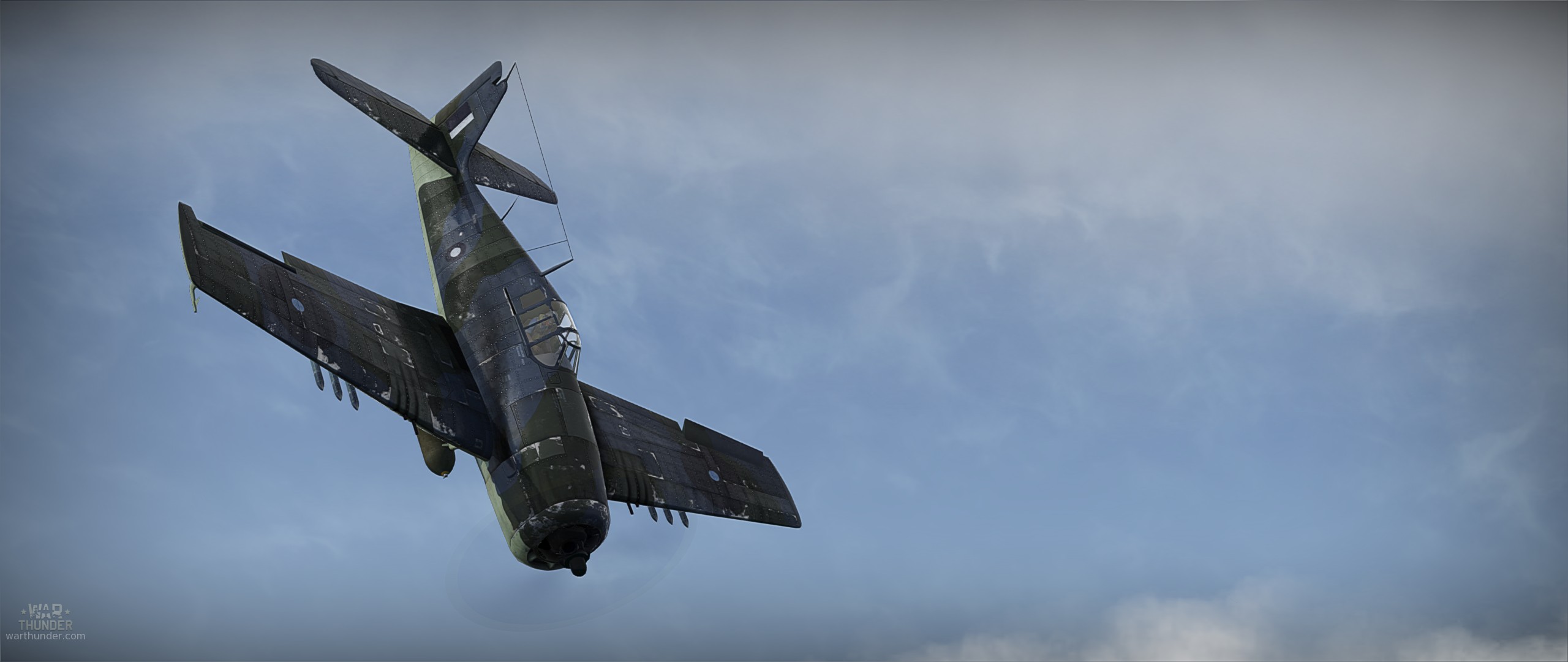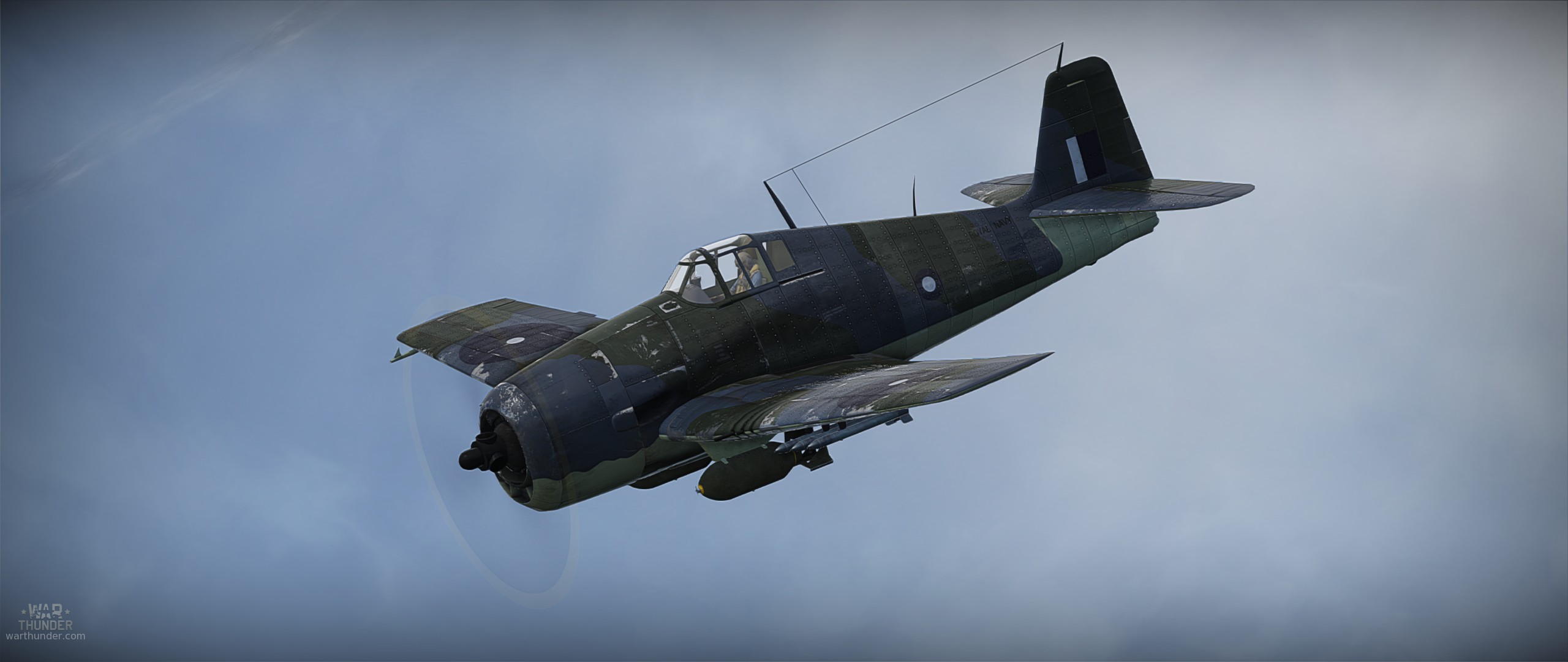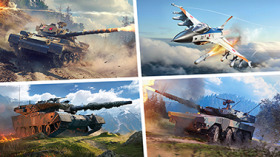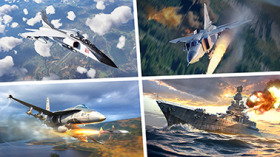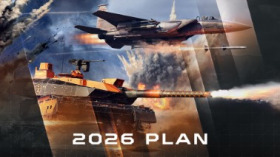
- For PC
- For MAC
- For Linux
- OS: Windows 10 (64 bit)
- Processor: Dual-Core 2.2 GHz
- Memory: 4GB
- Video Card: DirectX 11 level video card: AMD Radeon 77XX / NVIDIA GeForce GTX 660. The minimum supported resolution for the game is 720p.
- Network: Broadband Internet connection
- Hard Drive: 23.1 GB (Minimal client)
- OS: Windows 10/11 (64 bit)
- Processor: Intel Core i5 or Ryzen 5 3600 and better
- Memory: 16 GB and more
- Video Card: DirectX 11 level video card or higher and drivers: Nvidia GeForce 1060 and higher, Radeon RX 570 and higher
- Network: Broadband Internet connection
- Hard Drive: 75.9 GB (Full client)
- OS: Mac OS Big Sur 11.0 or newer
- Processor: Core i5, minimum 2.2GHz (Intel Xeon is not supported)
- Memory: 6 GB
- Video Card: Intel Iris Pro 5200 (Mac), or analog from AMD/Nvidia for Mac. Minimum supported resolution for the game is 720p with Metal support.
- Network: Broadband Internet connection
- Hard Drive: 22.1 GB (Minimal client)
- OS: Mac OS Big Sur 11.0 or newer
- Processor: Core i7 (Intel Xeon is not supported)
- Memory: 8 GB
- Video Card: Radeon Vega II or higher with Metal support.
- Network: Broadband Internet connection
- Hard Drive: 62.2 GB (Full client)
- OS: Most modern 64bit Linux distributions
- Processor: Dual-Core 2.4 GHz
- Memory: 4 GB
- Video Card: NVIDIA 660 with latest proprietary drivers (not older than 6 months) / similar AMD with latest proprietary drivers (not older than 6 months; the minimum supported resolution for the game is 720p) with Vulkan support.
- Network: Broadband Internet connection
- Hard Drive: 22.1 GB (Minimal client)
- OS: Ubuntu 20.04 64bit
- Processor: Intel Core i7
- Memory: 16 GB
- Video Card: NVIDIA 1060 with latest proprietary drivers (not older than 6 months) / similar AMD (Radeon RX 570) with latest proprietary drivers (not older than 6 months) with Vulkan support.
- Network: Broadband Internet connection
- Hard Drive: 62.2 GB (Full client)
Premium Hellcat Mk.I in British Fleet Air Arm camouflage. Available in-game for 1300 
Born in London on September 28th 1916, Stanley Gordon Orr grew up initially in a relatively affluent family as the son of a stockbroker. However, after the Wall Street crash, Orr was removed from his boarding school, and after finishing college, served an apprenticeship before working in the automotive industry. At the age of 19 he began work for Handley Page, and although he had always been interested in flying, it was here that his true passion for aviation developed.
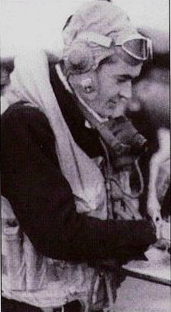 |
| Cdr. Stan Orr |
After three years of working on the development of bomber aircraft, the 22 year old Orr applied to join the Royal Air Force as a pilot. He was rejected due to failing an eyesight test, but this did not stop him. With British maritime aviation having recently been passed back to the Royal Navy from the RAF, Orr applied to join the Fleet Air Arm. Anxiety developed as he queued to take the same eye test in the same examination room of the same medical building – however, this time he saw a different doctor and he passed the examination.
Commissioned into the Royal Naval Volunteer Reserve as a Sub-Lieutenant, Orr initially undertook Naval General Training on HMS Argus, a converted ocean liner which became one of the world’s first aircraft carriers in 1918. After carrying out his aviational training and qualifying as a pilot, Orr was selected as a fighter pilot, and carried out his role training on Sea Gladiators and Skuas with 759 Naval Air Squadron in early 1940. After completing his Deck Landing training, he then joined his first front line squadron – 806 NAS, equipped with Skuas and Rocs – in May, shortly after becoming married.
Initially flying from RNAS Hatston in the Orkneys, Orr first saw combat over Norway where 806 NAS was predominantly involved in bombing strikes against enemy infrastructure and anti-shipping sorties. His squadron then moved to RAF Detling in Kent to fly cover during the Dunkirk evacuation. 806 NAS then converted to the new Fairey Fulmar fighter before embarking onboard HMS Illustrious in June 1940.
It was coupled with this fighter, and his being stationed in the Mediterranean, that Orr’s skill would flourish. On September 4th, off the Dodecanese islands, Orr shared in the destruction of a Savoia SM.81 bomber; two weeks later he shot down a Z.501 flying boat. By the end of the year he had claimed seven victories (combining his individual and shared claims) and had also been awarded the Distinguished Service Cross for his part in strike sorties against German positions in the region.
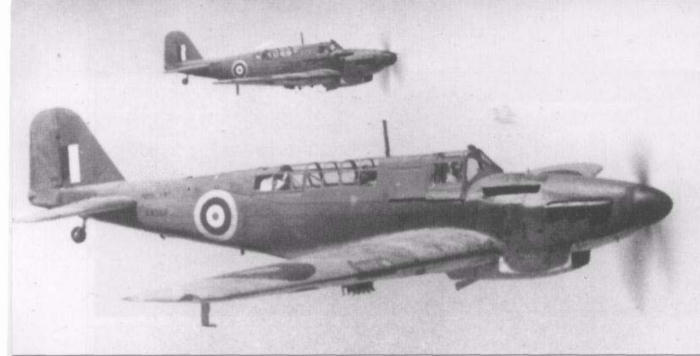 |
| The Fairey Fulmar, a two-seat carrier fighter used extensively during World War II |
On January 10th 1941, HMS Illustrious was attacked simultaneously by two Italian SM.79 bombers and upward of 40 Ju 87 dive bombers of I./StG 1 and II./StG 2. Orr was already in the air with S/Lt Graham Hogg – the two Fulmar aces attacked the pair of Italian torpedo bombers and drove them away from the carrier before shooting one of them down. Both pilots expended all of their ammunition – with the Fulmar Mk.I carrying 750 rounds per gun (over twice of the ammunition capacity of a contemporary Spitfire) this was testament to the robust build of the Italian bombers; or the unsuitability of the 0.303 round in air combat.
With his ammunition depleted, Orr was still determined to protect the carrier. He climbed through the dense barrage of AA fire and threw his fighter at the German dive bombers, forcing several to scatter and break off their bombing runs for fear of being targeted by the Fulmar. Despite the best efforts of the Fulmars, Illustrious was hit six times – the stricken carrier limped for Malta for emergency repairs.
Orr and his squadron-mates were now diverted to Hal Far in Malta. With Illustrious alongside in Grand Harbour, the Fulmars were kept busy on a regular basis as German and Italian bombers targeted the crippled carrier and the island itself. On February 5th, Orr shot down a Ju 88 which was attempting to return to base after attacking Malta. This would be one of five further claims which Orr would make over Malta, resulting in him being awarded a bar to his DSC.
With Illustrious finally repaired to the point that is could travel for more substantial repairs elsewhere, 806 NAS embarked on HMS Formidable. Orr would fly cover for Fleet Air Arm bombers during the Battle of Cape Matapan, and claim another two victories before Formidable was also crippled by Stukas on May 26th. Formidable was forced to follow Illustrious with temporary repairs in Malta before heading to the United States for extensive repair work. 806 NAS moved to Dekheila in Egypt where, equipped with surplus RAF Hurricanes, they flew against Vichy French forces during the invasion of Syria.
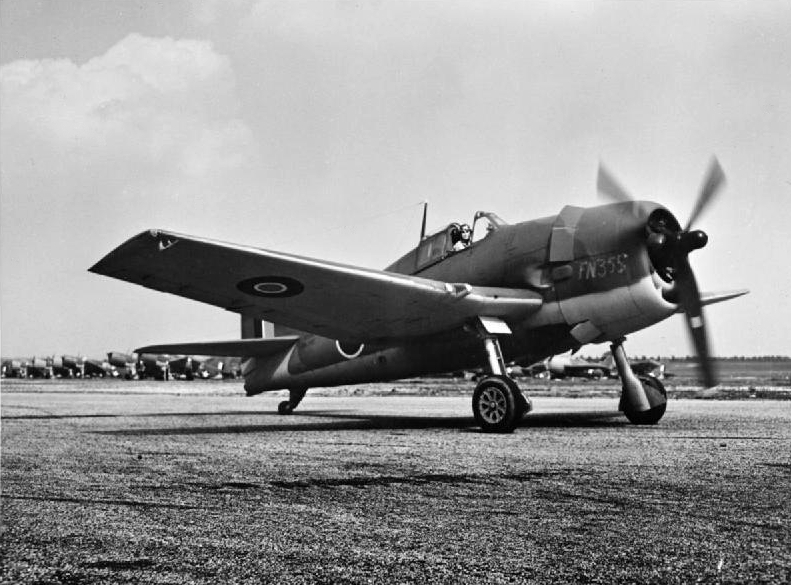 |
| The F6F Hellcat of US origin was also used by the 804 Naval Air Squadron |
In August 1941, with the remaining elements of 806 NAS being amalgamated into the No.269 Wing’s Royal Navy Fighter Squadron, Orr was sent back to Britain for a break from operations after 18 months on the front line. He spent a year as an instructor at RNAS Yeovilton and was promoted to Lieutenant before being sent to the United States in August 1942 as Commanding Officer of the newly formed 896 NAS. After working his new squadron up on Grumman Martlets, Orr embarked on HMS Victorious in February 1943. However, Orr’s command was short-lived: he contracted polio and spent several weeks in hospital at Pearl Harbor before being sent back to Britain.
In August 1943 Orr, now a Lieutenant Commander, was given command of 804 NAS, flying Grumman Hellcats. Embarking on HMS Emperor in December, the Hellcats were involved in convoy protection duties throughout early 1944, as well as anti-shipping strikes off the Norwegian coast. In March, 804 NAS was assigned as part of the escort for Operation Tungsten – the Fleet Air Arm strikes against the Tirpitz. Orr commanded the second strike group and was awarded a second bar for his DSC.
Orr’s combat swansong in World War II came on May 14th when a mixed formation of 800 NAS and 804 NAS Hellcats destroyed five Heinkel He115 floatplanes near Vikten Island. Orr was credited with one shared victory – his last, and also the last Luftwaffe aircraft to be destroyed by a Hellcat. He saw out the war as Chief Flying Instructor at RNAS Henstridge, followed by a period as a test pilot at Boscombe Down. He was awarded the Air Force Cross for his pioneering work in landing jet aircraft on carriers.
Orr’s combat career was not over. He flew operationally during the Korean War, flying ground attack sorties from HMS Ocean. He returned to test flying and was promoted to Commander before retired from the Royal Navy in 1966. He passed away at the age of 86 in August 2003. He is credited with fourteen victories – six individual and eight shared.
With an upcoming update, we will add the '804 Naval Air Squadron' emblem to War Thunder

Decal by Jej 'CharlieFoxtrot' Ortiz
About The Author
 |
Mark Barber, War Thunder Historical Consultant Mark Barber is a pilot in the British Royal Navy's Fleet Air Arm. His first book was published by Osprey Publishing in 2008; subsequently, he has written several more titles for Osprey and has also published articles for several magazines, including the UK's top selling aviation magazine 'FlyPast'. His main areas of interest are British Naval Aviation in the First and Second World Wars and RAF Fighter Command in the Second World War. He currently works with Gaijin Entertainment as a Historical Consultant, helping to run the Historical Section of the War Thunder forums and heading up the Ace of the Month series. |
